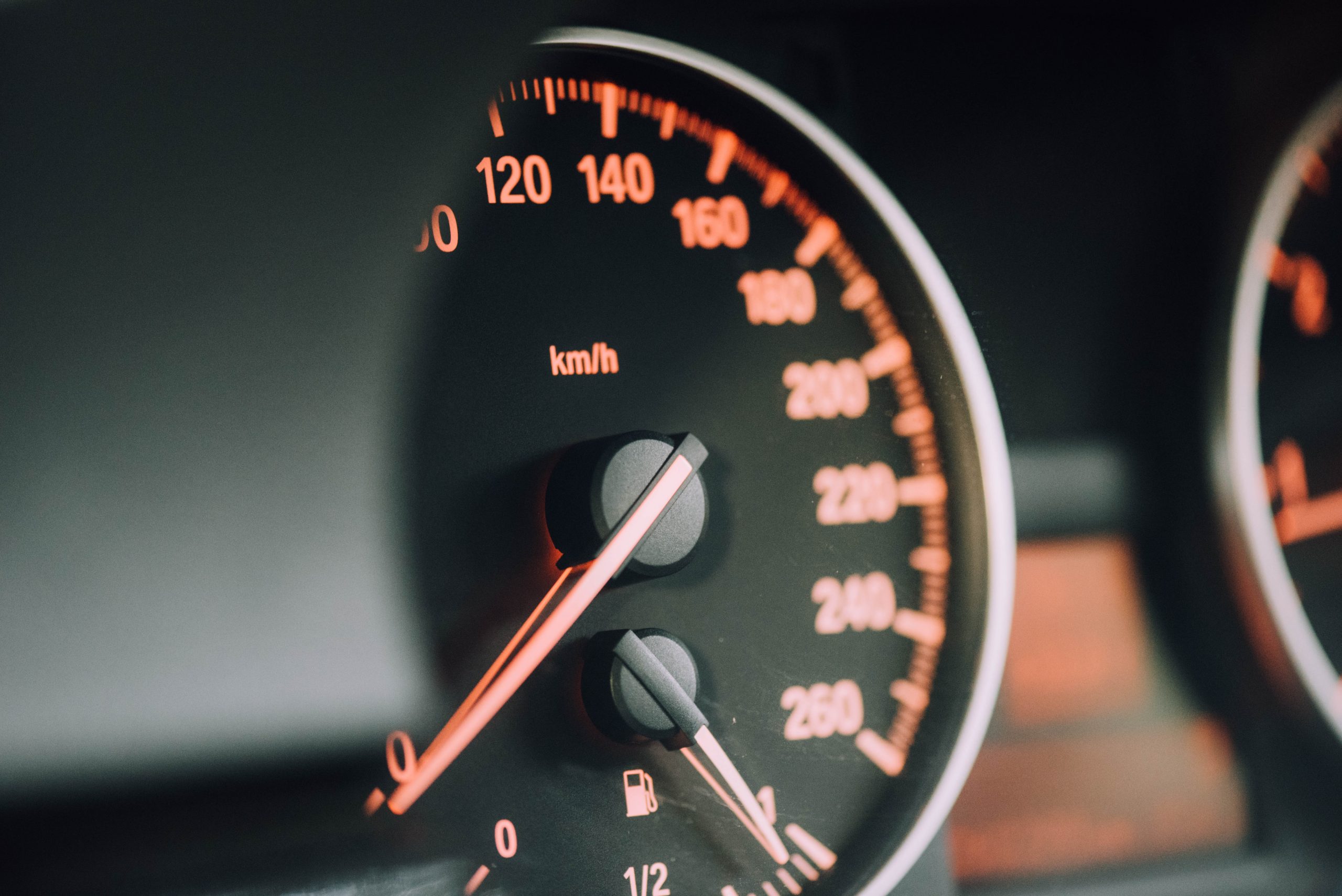It’s no secret that taking your practical driving test can be a nerve-wracking experience. You’ve spent all that money on driving lessons, you’ve been practising for weeks, months, or even years, and tomorrow is the big day.
It’s a lot of pressure!
The key to acing your test at this point is to do everything you can to prepare yourself mentally for your test tomorrow. There’s no point doing extra practice or revising now, you just need to get your head in the right place for success. If your instructor has put you forward for your test, it means they are confident you can drive. Believe that you know how to drive. The only thing standing in your way are those pesky nerves.
Here’s the top five tips you can do the day before your test to make sure you’re as well prepared as you can be:
1. Get everything you need to take with you for your test ready the night before
You’ll need both the photo card and paper counterpart of your provisional driving license, your theory pass certificate, and your confirmation document of your practical test booking. Make sure you know where your test centre is, how to get there and double-check the time of your test!
2. Eat a good meal
If you’re nervous, it’s common to lose your appetite, but make sure you have a good meal the night before your test and, ideally, some breakfast the morning before. Many people swear by eating a banana before your test – it gives you a boost of energy, calms your nerves and helps you concentrate.
3. Try some positive thinking mantras
Repeating a positive phrase over and over to yourself, such as ‘I can drive drive and I’m ready’, can be really useful and calming. It starts to sink in after a while, and it banishes any more negative thoughts that might be creeping in.
4. Keep it secret
This one’s a personal choice, but while it’s good to tell a couple of close family members or friends your test date so they can offer support, announcing it to the world can just pile on extra pressure.
5. Breathe
This is helpful the night before your test, and also during your test. Relaxed, deep breathing slows your heart rate, helps you feel calmer, and during your test, it stops you panicking.
Remember, the calmer you can be, the more likely you are to pass. The worst that can happen is that you just have to try again, so don’t put too much pressure on yourself and take your time.





